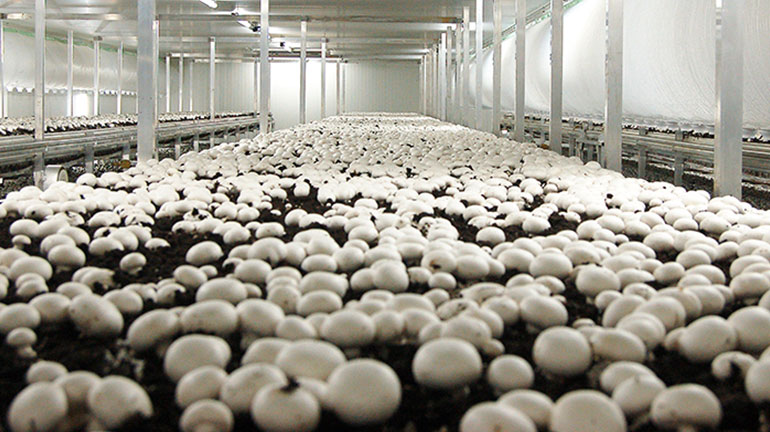


Organic farming is a method of crop and livestock production that involves much more than choosing not to use pesticides, fertilizers, genetically modified organisms, antibiotics, and growth hormones.
Organic production is a holistic system designed to optimize the productivity and fitness of diverse communities within the agro ecosystem, including soil organisms, plants, livestock, and people. The principal goal of organic production is to develop enterprises that are sustainable and harmonious with the environment.
The general principles of organic production, of Ponics), include the following:
protect the environment, minimize soil degradation and erosion, decrease pollution, optimize biological productivity and promote a sound state of health
maintain long-term soil fertility by optimizing conditions for biological activity within the soil
maintain biological diversity within the system
recycle materials and resources to the greatest extent possible within the enterprise provide attentive care that promotes the health and meets the behavioral needs of livestock
prepare organic products, emphasizing careful processing, and handling methods to maintain the organic integrity and vital qualities of the products at all stages of production
rely on renewable resources in locally organized agricultural systems
Organic farming promotes the use of crop rotations and cover crops and encourages balanced host/predator relationships. Organic residues and nutrients produced on the farm are recycled back into the soil. Cover crops and composted manure are used to maintain soil organic matter and fertility.
Preventative insect and disease control methods are practiced, including crop rotation, improved genetics, and resistant varieties. Integrated pest and weed management, and soil conservation systems are valuable tools on an organic farm. Organically approved pesticides include “natural” or other pest management products included in the Permitted Substances List (PSL) of the organic standards. .
All grains, forages and protein supplements fed to livestock must be organically grown. Pics from the beginning encouraged farmers to grow Mushrooms, wheat, mustard seeds, and organic herbs to extract pure masala but likely expand to other crops in the time to come
The organic standards generally prohibit products of genetic engineering and animal cloning, synthetic pesticides, synthetic fertilizers, sewage sludge, synthetic drugs, synthetic food processing aids and ingredients, and ionizing radiation.
Prohibited products and practices must not be used on certified organic farms for at least three years before the harvest of the certified organic products. Livestock must be raised organically and fed 100 percent organic feed ingredients.
Organic farming presents many challenges. Some crops are more challenging than others to grow organically; however, nearly every commodity can be produced organically.
The main reasons farmers state for wanting to farm organically are their concerns for the environment and about working with agricultural chemicals in conventional farming systems. There is also an issue with the amount of energy used in agriculture since many farm chemicals require energy-intensive manufacturing processes that rely heavily on fossil fuels. Organic farmers find their method of farming to be profitable and personally rewarding.